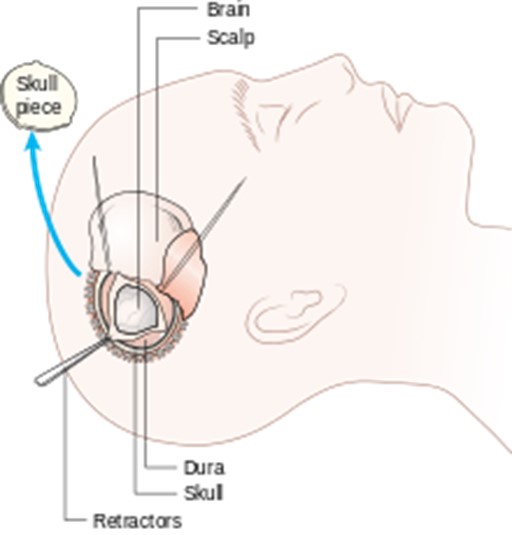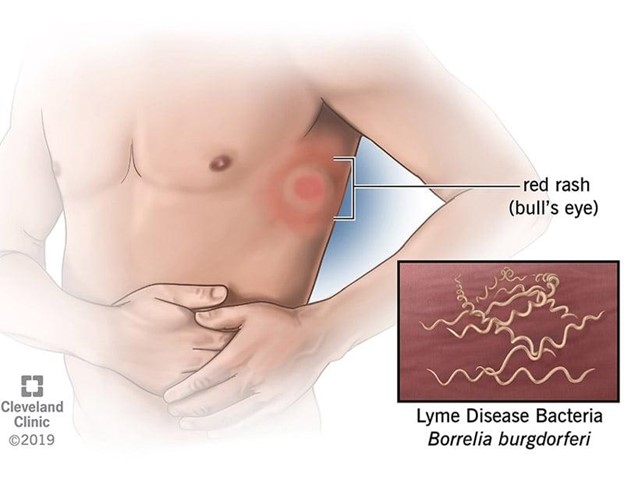The nurse is completing a health assessment of a client suspected of hyperthyroidism. Which of the following clinical manifestations should the nurse expect?
Cold skin
Weight gain
Tachycardia
Anorexia
The Correct Answer is C
Choice A Reason: Cold skin is not a common finding in hyperthyroidism, but it may indicate hypothyroidism or other conditions such as hypothermia or shock.
Choice B Reason: Weight gain is not a common finding in hyperthyroidism, but it may indicate hypothyroidism or other conditions such as Cushing's syndrome or edema.
Choice C Reason: Tachycardia is a common finding in hyperthyroidism, as the increased thyroid hormone level causes the heart rate and cardiac output to increase.
Choice D Reason: Anorexia is not a common finding in hyperthyroidism, but it may indicate other conditions such as depression, infection, or cancer.
Nursing Test Bank
Naxlex Comprehensive Predictor Exams
Related Questions
Correct Answer is D
Explanation
Choice A Reason: Hypertension is not a common finding in diabetes insipidus, but it may indicate increased intracranial pressure or other complications.
Choice B Reason: Fluid retention is not a common finding in diabetes insipidus, but it may indicate syndrome of inappropriate antidiuretic hormone secretion (SIADH) or heart failure.
Choice C Reason: Elevated blood glucose is not a common finding in diabetes insipidus, but it may indicate diabetes mellitus or hyperglycemia.
Choice D Reason: Increased urine output is a common finding in diabetes insipidus, as the lack of antidiuretic hormone (ADH) causes the kidneys to excrete large amounts of diluted urine.

Correct Answer is B
Explanation
Choice A Reason: Swollen, painful joints are not a sign of Lyme disease in the early stage, but they may occur in the late stage, which can take months or years to develop.
Choice B Reason: An expanding circular rash, also known as erythema migrans, is a sign of Lyme disease in the early stage, which usually appears within 3 to 30 days after the tick bite. The rash may have a bull's-eye appearance and can spread up to 12 inches in diameter.
Choice C Reason: Decreased level of consciousness is not a sign of Lyme disease, but it may indicate other serious conditions such as meningitis, encephalitis, or stroke.
Choice D Reason: Necrosis at the site of the bite is not a sign of Lyme disease, but it may indicate a brown recluse spider bite, which can cause tissue damage and ulceration.

Whether you are a student looking to ace your exams or a practicing nurse seeking to enhance your expertise , our nursing education contents will empower you with the confidence and competence to make a difference in the lives of patients and become a respected leader in the healthcare field.
Visit Naxlex, invest in your future and unlock endless possibilities with our unparalleled nursing education contents today
Report Wrong Answer on the Current Question
Do you disagree with the answer? If yes, what is your expected answer? Explain.
Kindly be descriptive with the issue you are facing.
